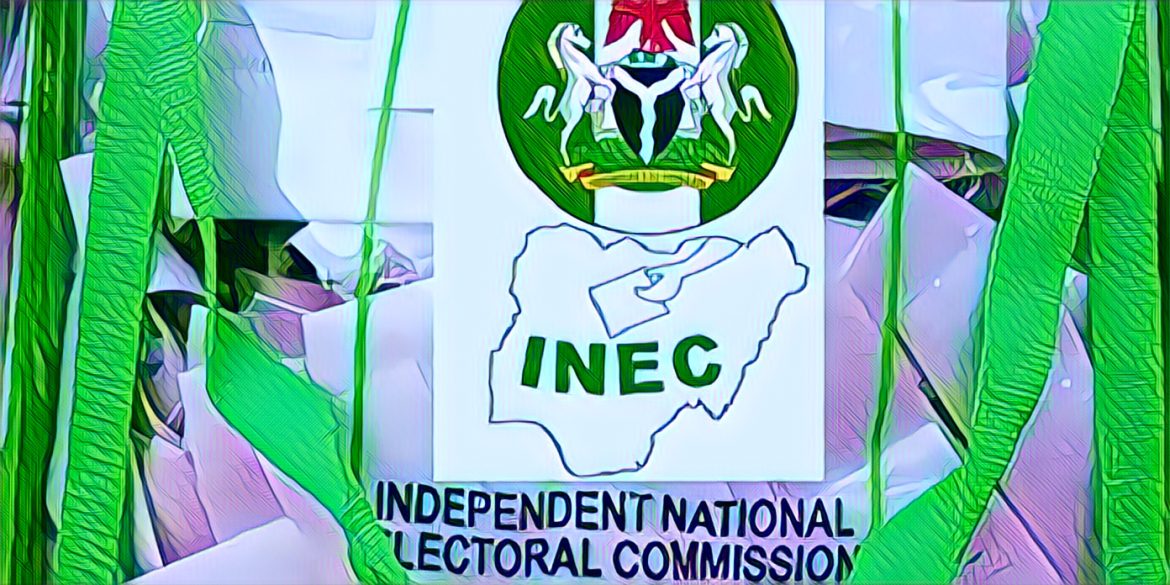KEY POINTS
- Nigerians don’t think INEC will conduct credible 2027 elections.
- INEC autonomy and stiffer electoral laws are the reforms the stakeholders are urging.
- Ghana’s transparent electoral practices are thereby called for Nigeria to adopt.
Nigerians have lost confidence in the Independent National Electoral Commission (INEC) to conduct free and fair elections in 2027. It follows past criticism of INEC over perceived failure to address electoral irregularities seen during the 2023 general elections and subsequent off circle elections in Edo and Ondo states.
Urgent reforms are called for by stakeholders, among others public commentators and civil society leaders, who have demanded these in order to regain trust in electoral process.
Recommendations include making INEC completely independent of political influence, rewriting electroniclaws, and insisting on stringent punishment for electoral offenders.
Ijaw National Congress president Prof. Benjamin Okaba said INEC must emulate Ghana’s transparent electoral system. “True independence, transparency in the transmission of results, and the democracy from the inside of political parties are important.” Okaba also called for electronic voting and the creation of a special tribunal to deal narrowly with electoral offences swiftly.
Ghana’s stakeholders demand reforms and lessons
Both internal inefficiency and external interference, observers believe, have bedevilled INEC. Coordinator of the Niger Delta Peace Coalition, Zik Gbemre, emphasised that there must be enforcement of the laws against electoral offenders. Without implications, our elections are undermined.” He said: ‘Offenders have to face justice to deter future violations.’
Hon. Stephen Adewale a Political analyst also called for financial and administrative Autonomy of INEC. ‘The independence of INEC has been denied by the political elite since 1999,’ said Adewale, adding that the electoral body must be insulated from executive control.’
Ghana’s case, Adekunle Ayoola from Nigeria Diaspora Europe said, is a ‘model’ of how independence and transparency boosts trust. This model must be replicated by Nigeria through stakeholder engagement, robust electoral laws and greater accountability.”
Finally, among the efforts to modernise Nigeria’s electoral system included reforms like diaspora voting, early voting for persons with disability and proxy voting for the sick.


